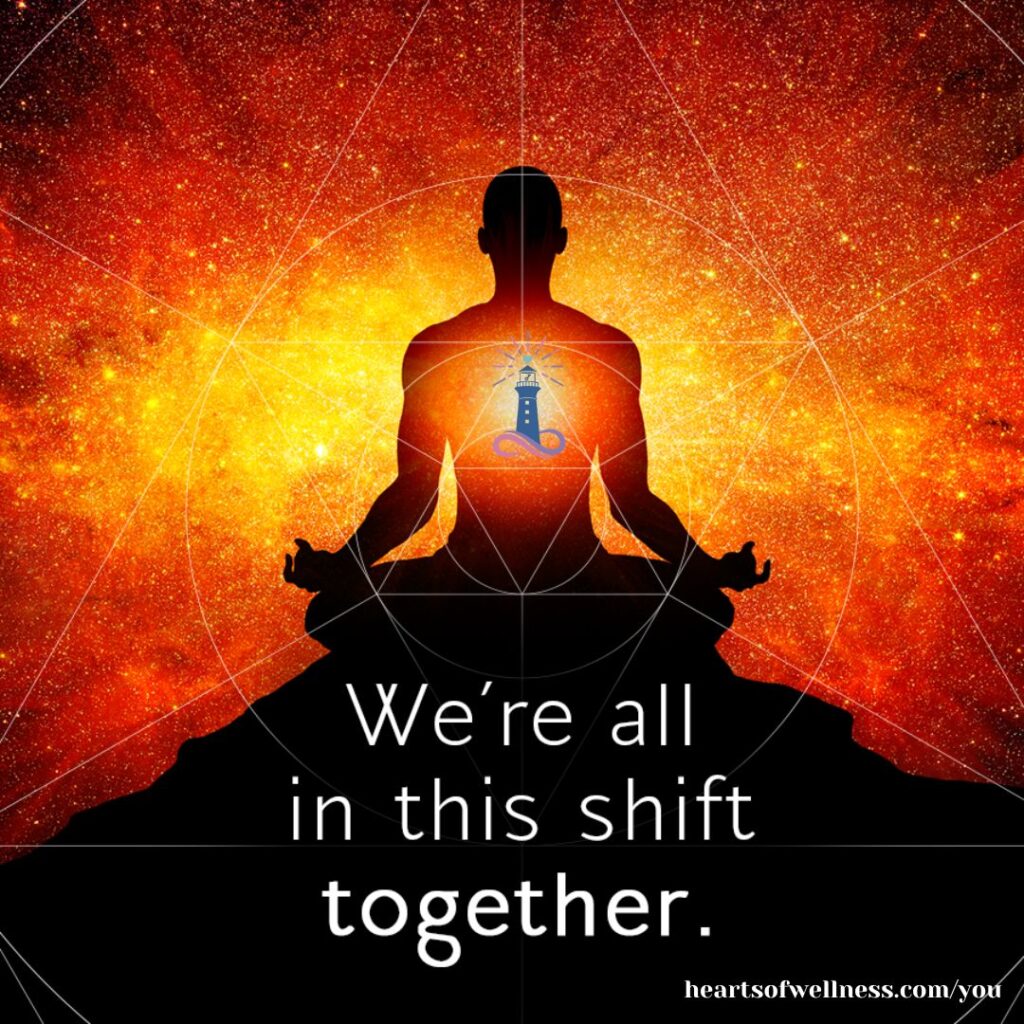Welcome to the latest edition of Unlocking Your Greatness with Wendy Bjork! As an international bestselling author, inspirational speaker and founder of heartsofwellness.com, it is my mission to help others live their best lives!
WHY we need to release people pleasing behaviors
We probably have all been guilty of this at one time or another. We may have been a witness to it growing up, from the role models in our lives. Some people use it as a tool to get what they want, for others it can be a survival mechanism.
People-pleasing is a habit of prioritizing the desires and needs of others ahead of your own. It’s a tendency to “edit your behavior and words for the sake of avoiding conflict or making someone else happy, even if it’s at your own expense,” says therapist Erika Myers. It may include bending the truth, downplaying your accomplishments and talents or agreeing to something you don’t want to do in order to keep everyone happy.
While people-pleasing is usually a subconscious, automatic behavior, it can be difficult to break free of. This is especially true when your deepest rooted beliefs and habits support the need to please. It can also be difficult to know what you want when your focus is always on other people’s wants and needs.
In addition, people-pleasing can make you feel physically and emotionally exhausted. For example, if you spend all day trying to please co-workers or friends and neglect your own responsibilities or interests, it can lead to exhaustion and burnout.
People-pleasing can also be damaging to your relationships. For example, if you’re always putting the needs of your partner or family ahead of your own, it can cause resentment and leave you feeling disconnected. Moreover, the act of people-pleasing can erode your sense of self-worth and leave you unable to stand up for your own needs.
For many people, pleasing can seem like a harmless, even desirable behavior. After all, what’s wrong with being nice and going out of your way to help others? Or with telling a white lie now and then to spare someone’s feelings?
But people-pleasing goes far beyond simply being kind. It involves compromising your own values and preferences, avoiding conflict, and editing your words and behaviors to meet the needs of others. It can also lead to exhaustion, dissatisfaction with relationships, emotional and physical distress, and social and career impairment.
The good news is that you can learn to break free from this pattern. But it will take time and patience. The first step is to recognize the behavior when it’s happening, which can be challenging because people-pleasing tendencies are often unconscious.
Often, people-pleasing behavior emerges from the undercurrents of poor self-esteem and insecurity. For instance, someone who grew up with an alcoholic parent may learn early on that they must do whatever their parents want in order to avoid being put in danger. Other times, it can arise from fear associated with trauma. For example, a person who survived child or partner abuse may develop a people-pleasing behavior to protect themselves from the discomfort that comes with outperforming their peers.
Putting your own needs first isn’t selfish and can actually be healthy. However, it’s important to remember that you need energy and emotional resources in order to effectively do so. The first step to overcoming people-pleasing is to acknowledge your need to please and to understand that saying no doesn’t make you a bad person or mean that you’re letting anyone down.
Changing deeply-rooted behaviors takes time and consistency. So be patient with yourself when you fall back into old patterns and try to see setbacks as an opportunity for growth and change. As you continue to practice healthy coping skills, you’ll be able to stop the cycle of people-pleasing and start living a more authentic, fulfilled and empowered life. The best way to overcome the people-pleasing habit is by setting clear boundaries for yourself and practicing saying no. And if you need some help, you can always reach out to a coach, counselor or therapist. They can help you identify and articulate your needs and provide you with the tools you need to break free of this harmful habit.
For more ideas, check out my recent article on self help tools:
https://dailymailusa.com/2023/09/25/can-self-help-tools-really-help/
If there is any support I can offer in living your best life, feel free to download your copy of 30-Day Blueprint Towards Living Your Best Life or send a message to media@heartsofwellness.com. Discovering and living by your personalized playbook are important steps we can create together!
As a best-selling author, inspirational speaker and Nationally Syndicated Columnist, Wendy Bjork empowers women to see beyond whatever challenges they are navigating.
She inspires them to boldly live in acceptance, live healthy and free as she teaches them to see life in a different way to fulfill their dreams that have been left on the backburner for far too long.
Her HeartsofWellness.com platform is the place for women to begin receiving the support they are seeking as they create their roadmap back to freedom and wellness with Wendy lighting their path.
As a pioneer in advocacy and mentorship, Wendy is leading a global revolution of women walking in purpose and peace as she illumines their path ahead with the light of HOPE: Harmony, Options, Peace & Empowerment.
Follow Wendy: heartsofwellness.com/newsletter







